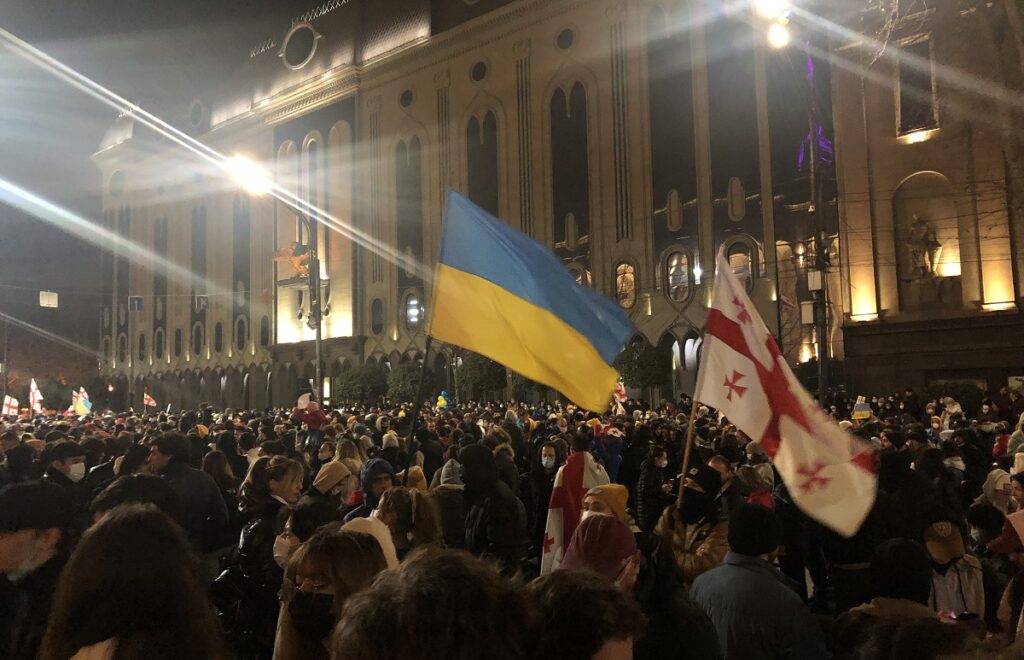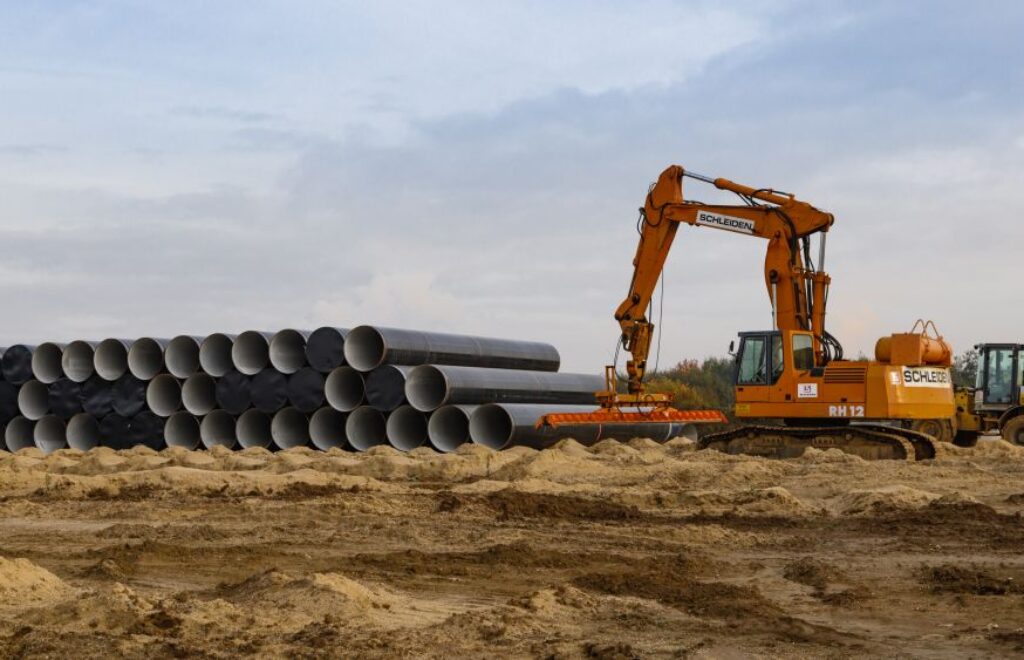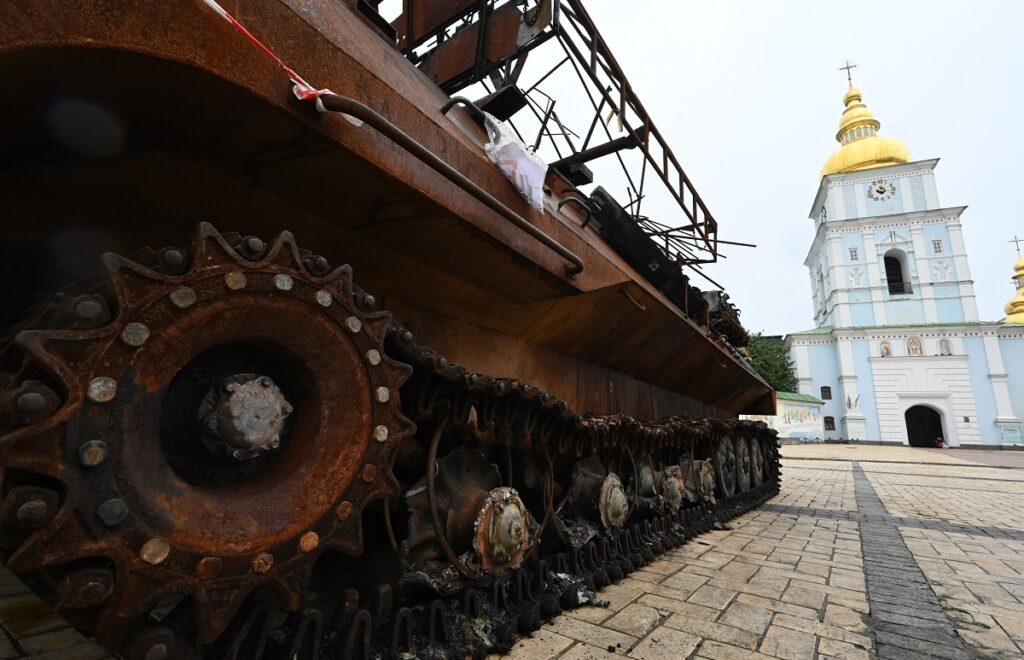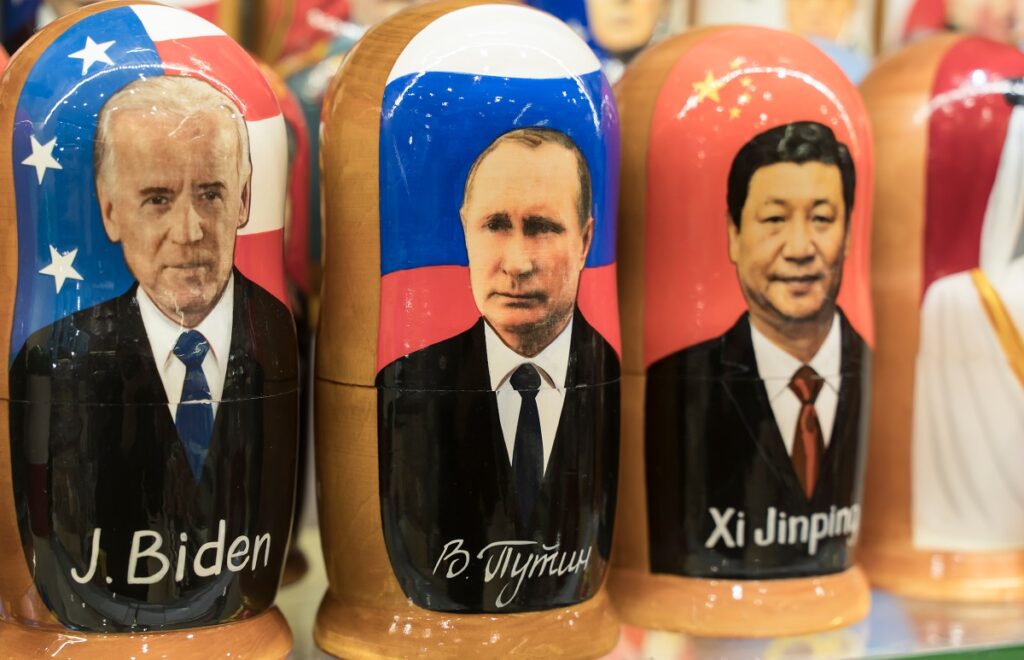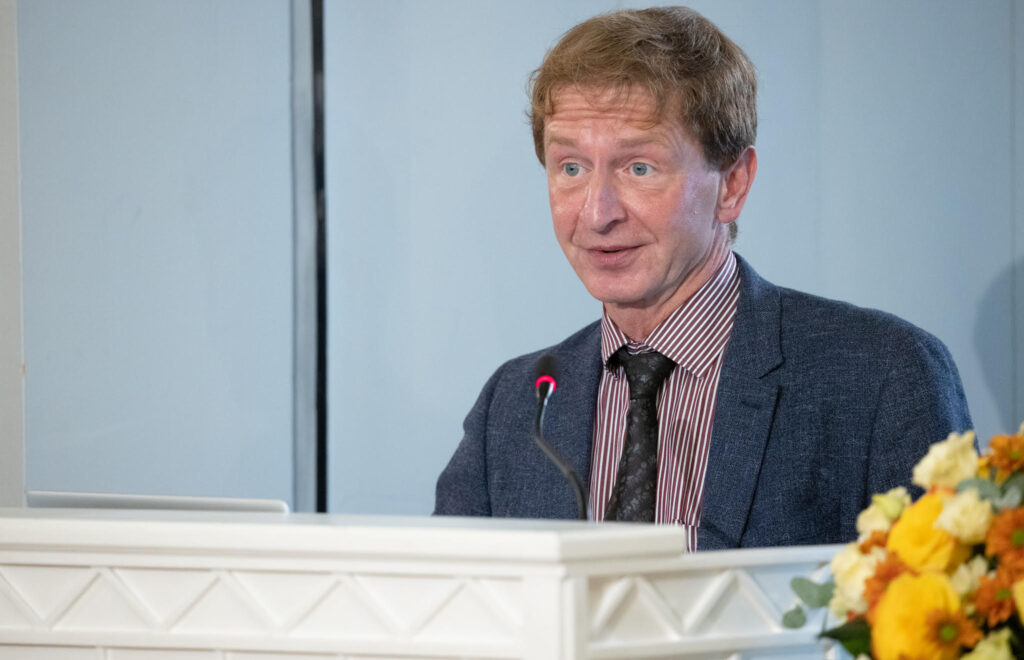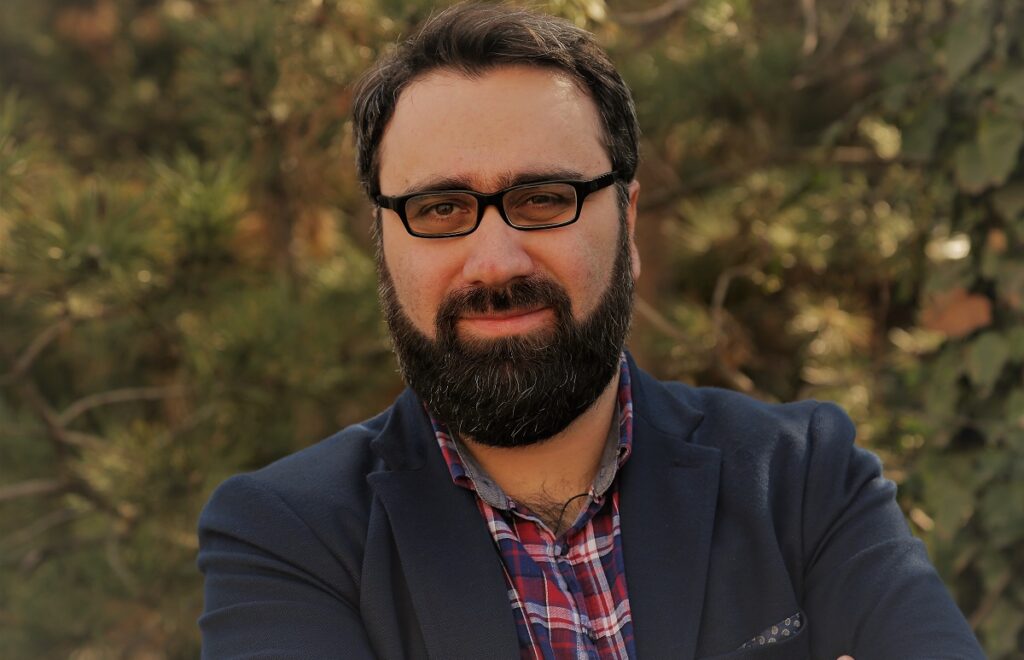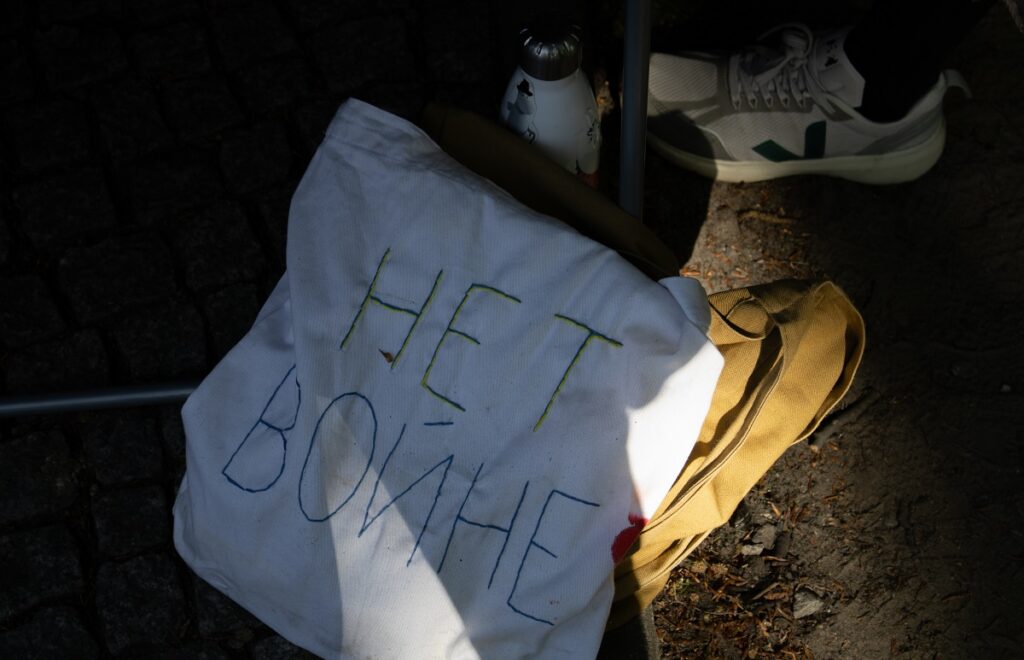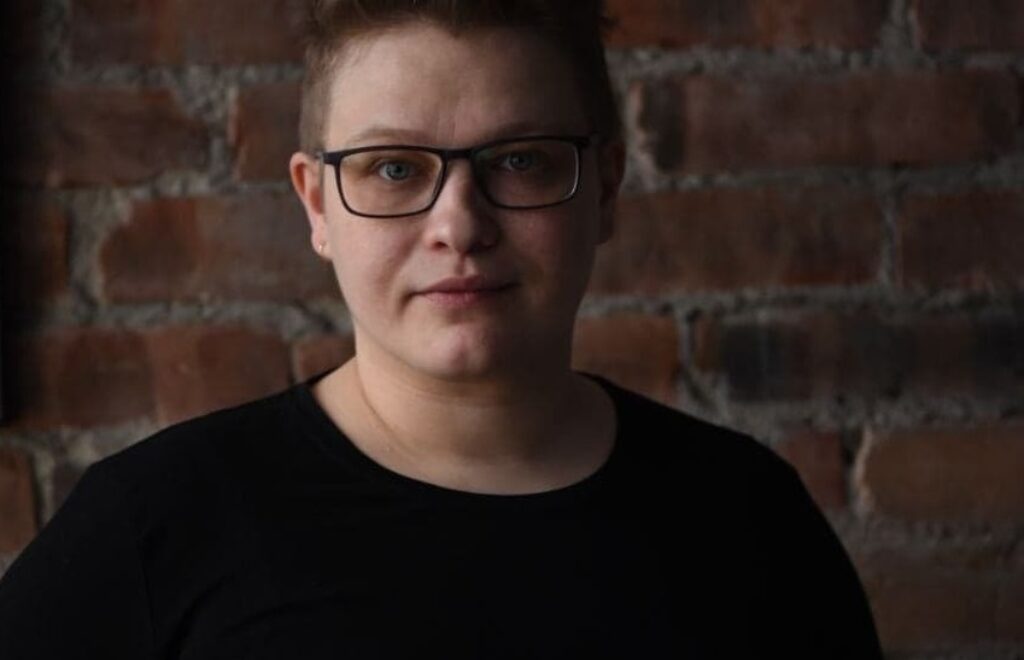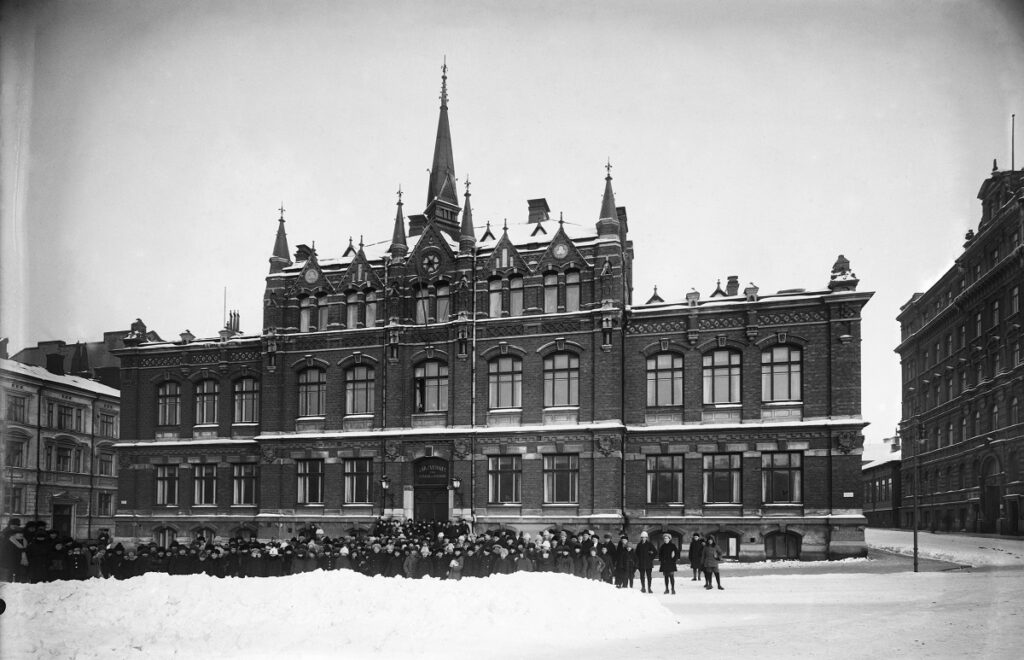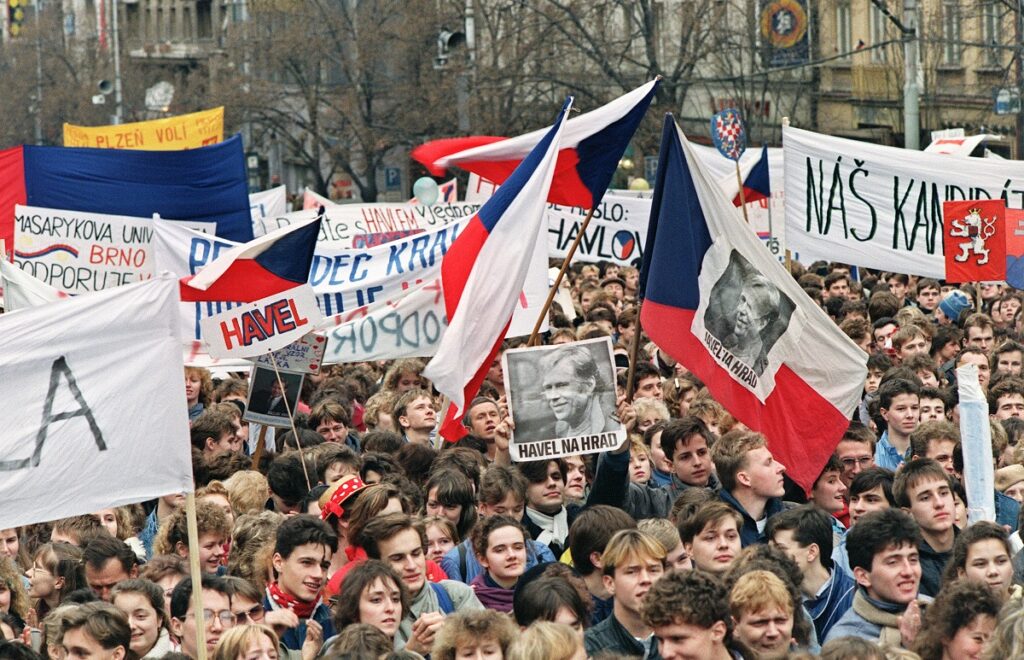The game of influence in the South Caucasus
The Russian invasion of Ukraine has destabilised not only Europe but also its neighbourhood and inevitably the South Caucasus. This region already has a complicated geopolitical milieu even without any external triggers. Regardless of the outcome, the war will result in a resentful spillover effect in the three countries of the South Caucasus, as they are connected to Russia through trade, remittances and tourism. The economic sanctions, imposed by the West, have enormously affected the rouble, decreasing the remittances sent from Russia by the Azerbaijani, Armenian and Georgian diasporas. Russia is and will be isolated and this will create difficulties for the nationals of the three countries living there.
September 30, 2022 - Tatevik Hovhannisyan


